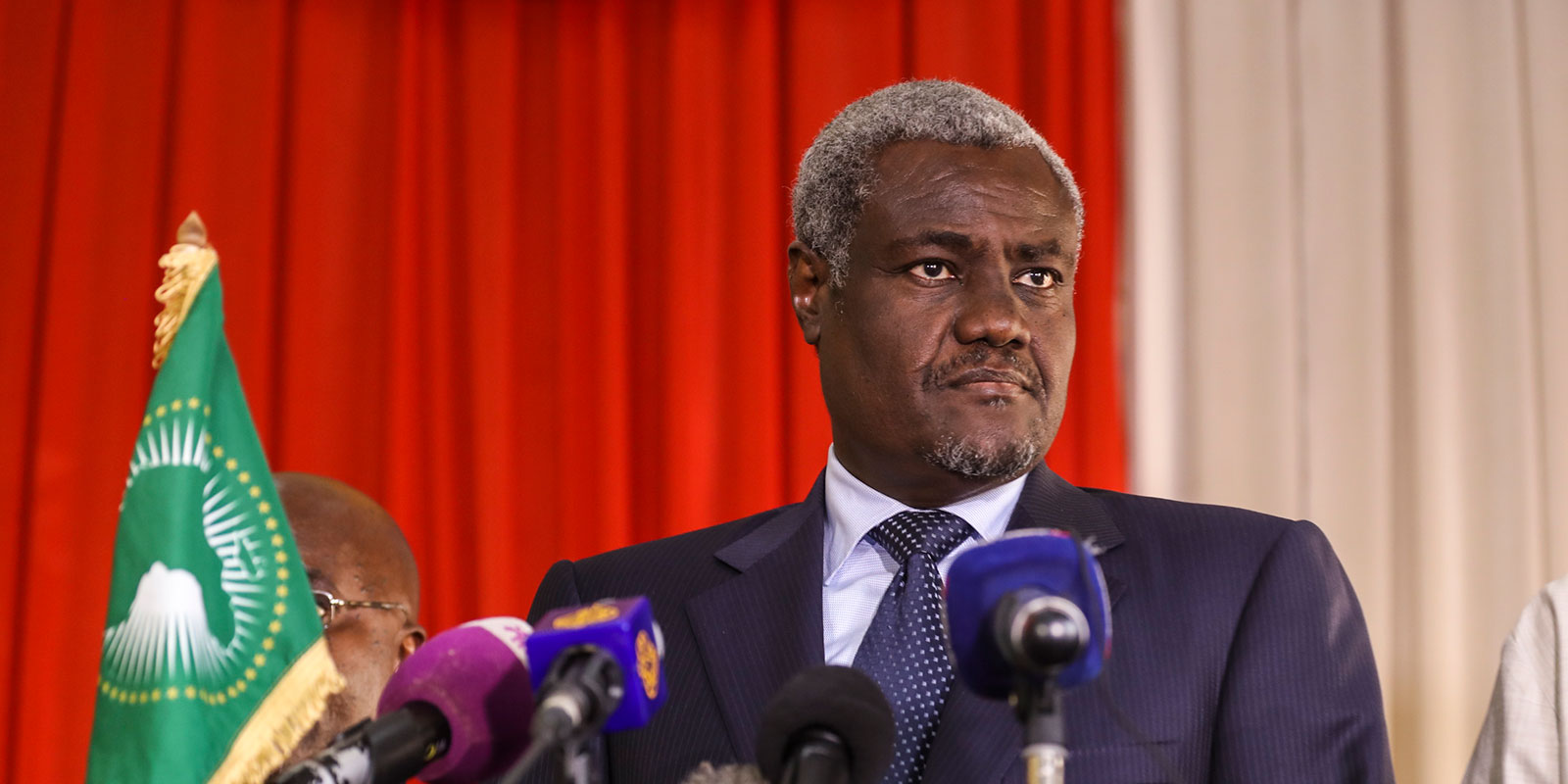As rumours of a coup in Sudan trickled through social media in the early hours of Sunday, 24 October, and were then confirmed in the news media by the morning of the 25th, African citizens turned to the African Union (AU), the Intergovernmental Authority on Development (IGAD) and neighbouring states for a reaction. Even though the AU and the IGAD issued statements condemning the suspension of the Constitutional Declaration and the Transitional Government, the general view was that these responses were not robust enough. There is a growing awareness that statements issued by intergovernmental organisations at the onset of crises play a catalytic role in setting the tone for the international response, and as such, it is important that the intensity of such statements should be commensurate with the seriousness of the incident or development they respond too.
Statements issued by the AU and RECs in response to a crisis play a catalytic role in setting the tone for international response, it is thus important that their intensity match the seriousness of the development they are responding to
Tweet
The “strongly-worded statement” has always been a foreign policy instrument for diplomats responding to situations of concern. During the COVID-19 pandemic, which compelled the shut-down of most diplomatic functions, declaratory statements by intergovernmental organisations increased. Researchers at the Institute for Peace and Security Studies (IPSS) have analysed the quality and effectiveness of AU and regional interventions on conflicts in Africa through the APSA Impact Study. We have categorised diplomatic interventions according to a range of activities and levels of intensity. For example, issuing cautionary wording in a communique such as “expresses grave concern” and “deeply concerned” can be classified as a level 1 response. Deploying an election observation mission or “strongly condemning” a conflict can be classified as a level 2 response, or issuing sanctions a level 3 response. Through the course of our data collection and analysis, a sub-genre to the strongly-worded statement has emerged: the “mildly-worded communique” or what we have casually termed a 0.5 level response.
While strong statements typically occur at the maturation of a crisis, they typically register a more concrete willingness to engage with the conflict and conflict actors. They may also carry the threat of an action, such as expulsion, from the regional body. “Mildly-worded communiques,” on the other hand, are often at the onset of the crisis (demonstrating responsiveness on the part of the organisation); they are also more frequent. However, because mildly-worded communiques are rapid responses, they tend to signal that a regional body is aware of a development or incident and is starting to address the particular issue, but that they do not yet contribute to conflict resolution at a broader level and may not be effective in terms of long-term conflict prevention. Additionally, the language used, phrases such as “notes with great concern” or “deeply dismayed”, tended to fail to explicitly reference actions that could de-escalate the crisis. Additionally, as we have found year after year through the APSA Impact Study, there is a correlation between quality and effectiveness, and low-quality interventions generally yield disappointing results.
Like the strong statement, mildly-worded communiques are important diplomatic tools, but their effectiveness is contingent on the deployment of parallel interventions. For instance, a combination of diplomacy and the deployment of peace support operations (PSOs) yielded “medium quality” outcomes and is a common recipe of intervention in dealing with terrorist groups and has been used in efforts against Al-Shabaab and Boko Haram. The AU and RECs tended to use a combination of instruments in conflicts they engaged in for longer periods. Because these are high on the agenda, they have ongoing mediation and PSOs besides the statements that make their way to the public. The conflict in South Sudan, for instance, is addressed by a combination of diplomatic and mediation efforts, including through a permanent African Union Mission in Juba.
The COVID-19 pandemic underscored the importance of multilateral engagement and global cooperation in shaping the outcomes of shared challenges. In turn, the pandemic has influenced how diplomacy is conducted and the interventions carried out by security actors in crisis situations. Additionally, social media has affected how the work of diplomats is understood. More than ever, African citizens expect leaders and organisations to respond publicly, quickly, and firmly. However, as the preliminary findings of the APSA Impact Study for 2019 and 2020 demonstrate, quick responses are rarely high quality nor effective in the long run.
Nothando Maphalala, is Research Coordinator at the Institute for Peace and Security Studies (IPSS) at Addis Ababa University. Her areas of interest include transnational governance, conflict transformation and gender justice.


